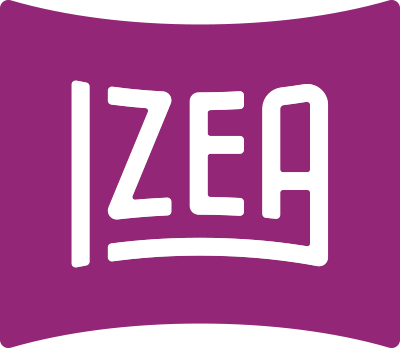As December 1 approaches, advertisers continue to look for clarity and guidance from the FTC to ensure they comply with the new guidelines. This was obviously a hot topic at last week’s Annual Summit of the Word of Mouth Marketing Association (WOMMA).
One of the big issues is around disclosure and what constitutes a “material connection.” At IZEA, we take the position that every interaction we have with a publisher is a material connection and requires disclosure. While some are unclear in how to specifically define “material connection,” the FTC is providing some clarity on this issue. The bottom line appears to be that it does not matter what the incentive is – if the publisher receives anything of value (cash, products, trips, discount, coupons, etc.) it is a material connection and disclosure is required.
For a little more clarity, here’s the back-story. During the WOMMA Summit, Chuck Harwood, the Assistant Deputy Director – Bureau of Consumer Protection for the FTC was doing a Q&A with the audience when someone asked if a coupon was sent to a person to experience a product, does that constitute a material connection? While the short answer was “it depends on why you are sending coupons,” the real answer requires you to go into more detail on the intent of coupon and the nature of the relationship. At the end of the day, if the intent of the coupon is to drive a favorable recommendation for the product through a specific person’s social network, that this would most likely represent a material connection. The rationale for this is that the company provided the coupon (which has some amount of value), in exchange for the person’s opinion (which also has some amount of value). It did not seem as though the actual dollar value as all that important in establishing a material connection, but more the nature of the relationship and that a mutual exchange is that is occurring.
This is quite different than distributing coupons to the general public through the newspaper, online, or direct mail. This distribution to a broad audience with no expectation of a product recommendation does not represent a connection, as there is no mutual exchange of value. The company is simply trying to drive sales through a discount or special offer.
If you are not sure if you have a material connection, it’s always better to default to transparency and require disclosure. It’s not worth the risk (or the $11,000). Tony DiResta, WOMMA’s general counsel, said it best when he said, “good disclosure represents good business.”



